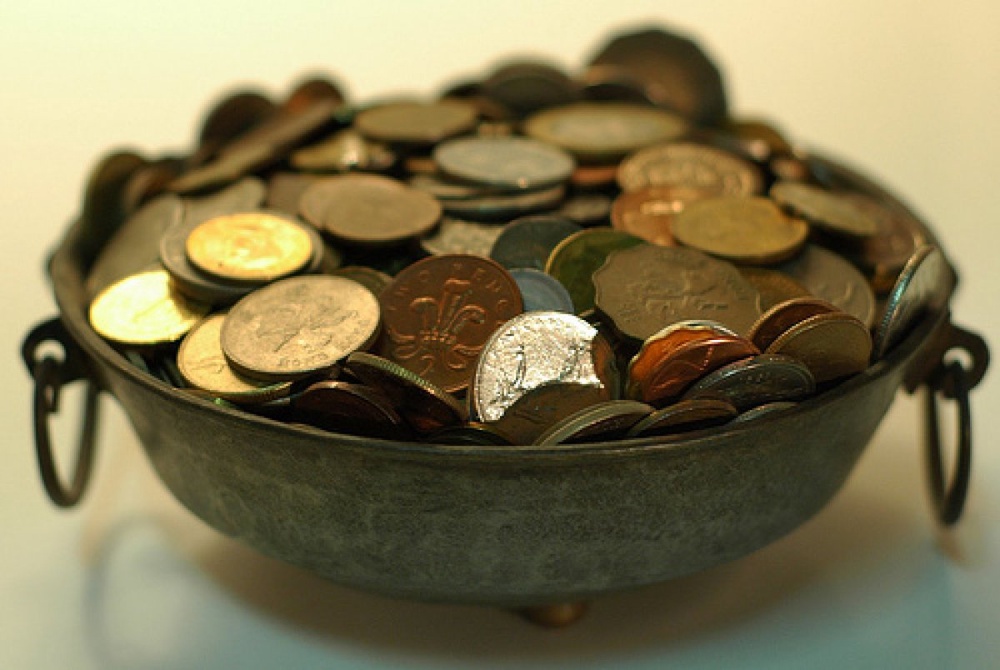
Czech lawmakers passed a bill Saturday on the restitution of assets worth up to 2.95 billion euros ($3.6 billion) seized from 17 religious denominations by Czechoslovakia's communist regime in 1948-89, AFP reports. Shortly after midnight and after a debate lasting more than six hours, the bill, which will now proceed to the upper house before being signed into law by the president, was backed by 93 lawmakers of 182 present in the 200-seat lower house. Under the bill, the denominations including Christian and Jewish religious institutions will regain 56 percent of properties seized by the communist regime -- toppled in 1989, four years before Czechoslovakia's peaceful split into the Czech Republic and Slovakia. They will also receive 59 billion koruna (2.3 billion euros, $2.8 billion) in compensation for the remainder of their properties in 30 annual payments, with the outstanding sum to be indexed for inflation every year. The properties to be returned are worth a total 75 billion koruna. However, the state will stop using public funds to cover clergymen's salaries under a 17-year transition scheme. The new bill fixes this period including an initial three-year wage package, which will then be cut by five percent annually for the remaining 14 years. The approval process is likely to be delayed in the Senate, dominated by the leftist opposition. If it turns the bill down, the legislation will return to the lower house probably in September for a second vote of approval and then go straight to the president for signature. After two decades of fruitless talks between the state and religious bodies, the current centre-right Czech government led by right-winger Petr Necas finally made good on a 1991 pledge to return the assets. The bill comes as a relief to regions and municipalities that have had to care for the seized church assets up to now, and as less of a relief for the austerity-minded government at the time the country has entered recession. The central bank of the export-focused central European country of 10.5 million expects the economy to post zero growth this year, after growing by 1.7 percent last year. But the government is still seeking to cut the public deficit to under the EU's threshold of 3.0 percent of gross domestic product (GDP) next year from 3.5 percent expected this year. Last December, a poll by the STEM agency showed that seven in ten Czechs opposed the restitution of church assets seized by the state. A 2011 census showed Roman Catholics were the strongest religious group in the Czech Republic with more than a million believers. But almost five million Czechs or half of the population left the religion column empty, while 3.6 million said they were non-believers.





Czech lawmakers passed a bill Saturday on the restitution of assets worth up to 2.95 billion euros ($3.6 billion) seized from 17 religious denominations by Czechoslovakia's communist regime in 1948-89, AFP reports.
Shortly after midnight and after a debate lasting more than six hours, the bill, which will now proceed to the upper house before being signed into law by the president, was backed by 93 lawmakers of 182 present in the 200-seat lower house.
Under the bill, the denominations including Christian and Jewish religious institutions will regain 56 percent of properties seized by the communist regime -- toppled in 1989, four years before Czechoslovakia's peaceful split into the Czech Republic and Slovakia.
They will also receive 59 billion koruna (2.3 billion euros, $2.8 billion) in compensation for the remainder of their properties in 30 annual payments, with the outstanding sum to be indexed for inflation every year.
The properties to be returned are worth a total 75 billion koruna.
However, the state will stop using public funds to cover clergymen's salaries under a 17-year transition scheme.
The new bill fixes this period including an initial three-year wage package, which will then be cut by five percent annually for the remaining 14 years.
The approval process is likely to be delayed in the Senate, dominated by the leftist opposition.
If it turns the bill down, the legislation will return to the lower house probably in September for a second vote of approval and then go straight to the president for signature.
After two decades of fruitless talks between the state and religious bodies, the current centre-right Czech government led by right-winger Petr Necas finally made good on a 1991 pledge to return the assets.
The bill comes as a relief to regions and municipalities that have had to care for the seized church assets up to now, and as less of a relief for the austerity-minded government at the time the country has entered recession.
The central bank of the export-focused central European country of 10.5 million expects the economy to post zero growth this year, after growing by 1.7 percent last year.
But the government is still seeking to cut the public deficit to under the EU's threshold of 3.0 percent of gross domestic product (GDP) next year from 3.5 percent expected this year.
Last December, a poll by the STEM agency showed that seven in ten Czechs opposed the restitution of church assets seized by the state.
A 2011 census showed Roman Catholics were the strongest religious group in the Czech Republic with more than a million believers.
But almost five million Czechs or half of the population left the religion column empty, while 3.6 million said they were non-believers.


 +7 (777) 001 44 99
+7 (777) 001 44 99















































